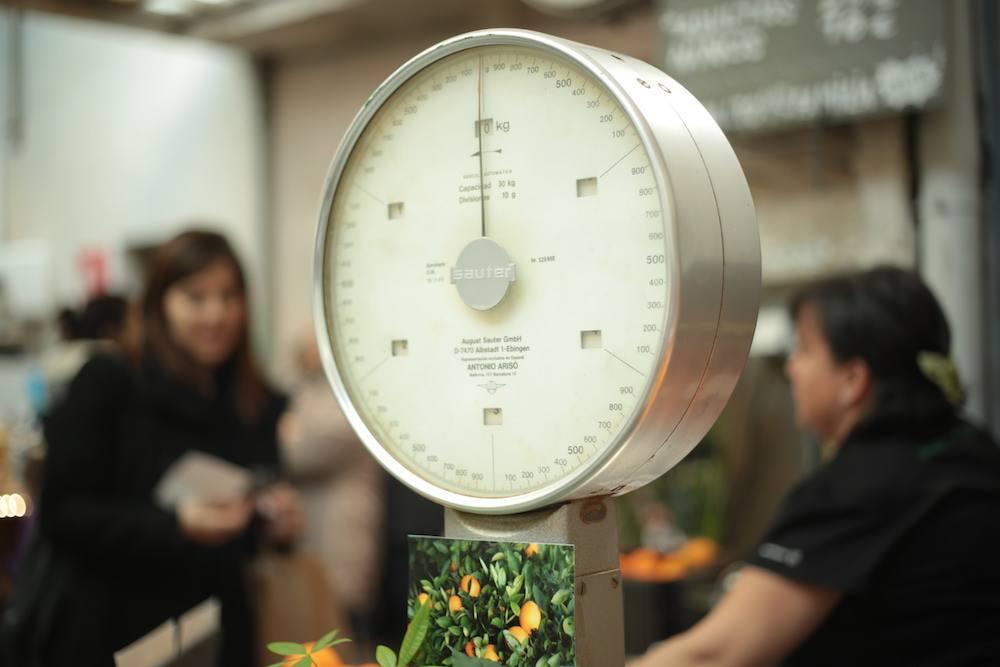
Deb Nelson
Between 2011 and 2013, companies with a woman CEO received just 3 percent of venture capital investment: a $1.5 billion sliver of a $50.8 billion pie.
It’s a depressing figure, particularly because enterprises run by women are just as likely to be successful as those run by men. So, why are women entrepreneurs so often overlooked and underfunded?
Unconscious bias
Unconscious bias is real. And academics are discovering that it can drive decision-making in the business world. A study led by Harvard Business School found that investors had a strong preference for pitches presented by male entrepreneurs, even when the content of men’s and women’s pitches was identical. In fact, in one test male entrepreneurs were found to be 60 percent more likely to receive funding than their female peers.
Unconscious bias can partially explain the funding gap. But it’s not the only problem for women seeking to get their enterprises off the ground.
Venture capitalists typically look for ‟hockey stick” growth: exponential growth in revenue, sales or users. Many of the women entrepreneurs I meet are launching organizations that have a positive social or environmental impact — in addition to providing a valuable product or service — and these ventures tend to have a sustainable but more gradual growth curve. That means they often lose out, even if they have a greater potential to deliver value in the long term.
Closing the funding gap
Despite the huge potential of women-led enterprises, very few investors are actively trying to close the funding gap. A handful of women-led VC firms support women entrepreneurs, but, given the chasm between the amount of funding going to women and the amount going to men, we need to do much more.
That’s why RSF Social Finance is launching the Women’s Capital Collaborative, a philanthropic fund designed to help women entrepreneurs get the funding and support they need to thrive and grow. Our integrated capital approach makes this new fund unique: In recognition of the fact that social entrepreneurs need different forms of capital at different stages of growth, the Women’s Capital Collaborative will provide a mix of loans, loan guarantees, investments and grants, as well as access to a network of advisors who can provide much-needed expertise at short notice.
We are greatly indebted to our lead donor, who pledged $1 million to kick off the Women’s Capital Collaborative (and who wishes to remain anonymous). We recently received another $1 million donation from a mother-daughter pair, and we plan to raise an additional $2 million and begin distributing funding by early 2017.
In terms of recipients, we’re acting on feedback from our feasibility study about the need for diversity. As one interviewee said, “I often find the same group of entrepreneurs keep getting supported and circulated. I hope you can reach a wider network.” We have extended our reach, and already have a pipeline of over 50 diverse women-led social enterprises that could be a fit for the fund.
The integrated capital approach
We’re excited about bringing the integrated capital approach to a broad spectrum of women-led enterprises because we know it works.
Just one example: In 2010, the Crown O’Maine Organic Cooperative, run by Marada Cook, came to us in need of a loan and a line of credit. As a produce distributor, it lacked the assets to access traditional finance, but we worked with the community to organize the necessary funding.
We’ve since jointly provided a technical assistance grant so Crown O’Maine could engage a finance expert, who became its CFO. The grant made a huge difference to the company’s profitability, and to date its revenue has grown by more than 100 percent.
Creating a balanced economy
As our lead donor said: “Women are not equally invited to the discussion table. Their knowledge is not engaged, and that is a real loss to our society.”
We can’t afford to wait for venture capitalists to wake up and seize the opportunity presented by women-run enterprises, so it’s encouraging to see others also stepping forward with efforts to support women entrepreneurs. We are collaborating with as many people as possible to create a more balanced economy that works for everyone. Without solutions such as the Women’s Capital Collaborative, women are going to keep missing out on their slice of the funding pie. That would be bad for their families, bad for our communities and bad for the economy as a whole.
Image credits: 1) Eddie Lackman; 2) Maria Molinero; 3) Courtesy of Crown O’Maine Organic Cooperative
Deb Nelson guides RSF Social Finance’s field building activities, client engagement programs and strategic partnerships. Prior to RSF, Deb was executive director of Social Venture Network (SVN), a community of mission-driven entrepreneurs and investors. When she’s not at RSF, she enjoys exploring the Bay Area with her sons and serving as mentor-in-residence at Presidio Graduate School.
TriplePundit has published articles from over 1000 contributors. If you'd like to be a guest author, please get in touch!














